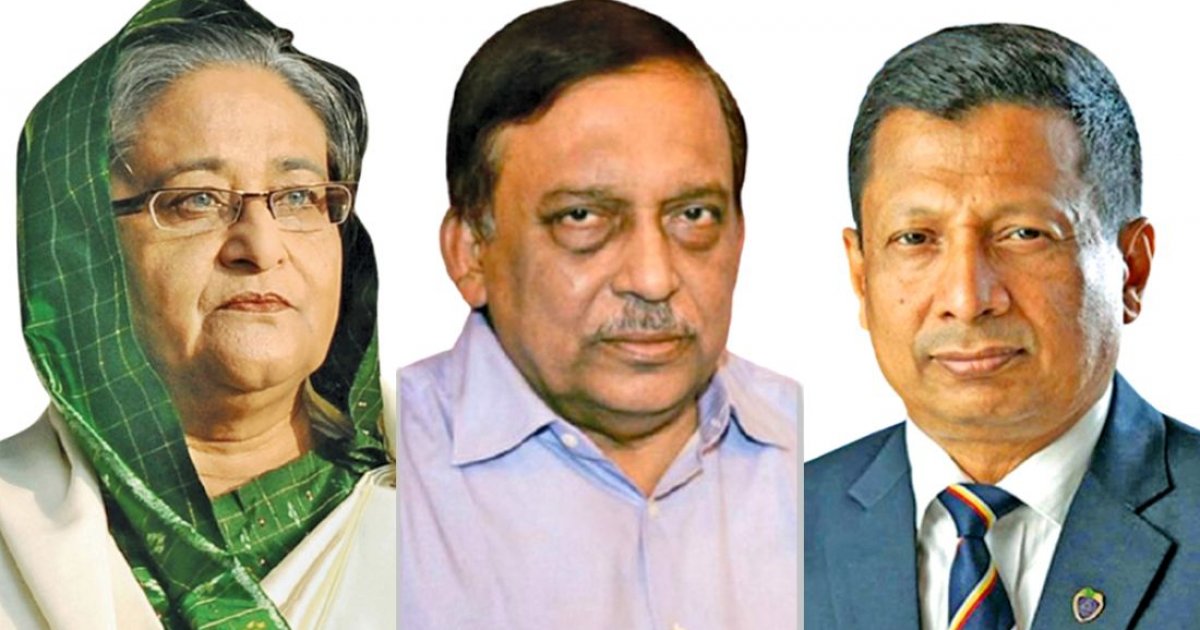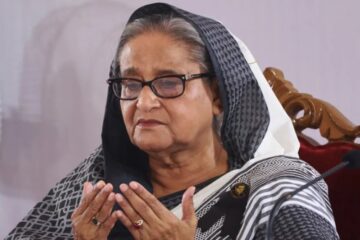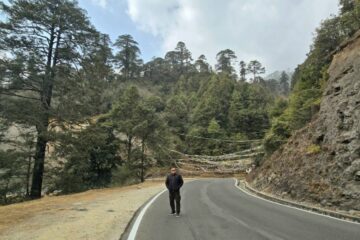The International Crimes Tribunal delivers its verdict on Monday on five charges of crimes against humanity brought against ousted prime minister Sheikh Hasina, former home minister Asaduzzaman Khan Kamal and former inspector general of police Chowdhury Abdullah Al-Mamun.
The allegations stem from the July–August 2024 unrest surrounding the anti-discrimination student movement.
The formal charge documents run 8,747 pages, containing references, seized evidence and a detailed list of victims.
Below is a breakdown of the charges:
Provocative speech, coordinated attacks and failure to act
Prosecutors say Sheikh Hasina made inflammatory remarks at a July 14, 2024 press conference at Ganabhaban.
In the aftermath, law enforcement personnel and ruling-party activists allegedly launched systematic attacks on students and civilians.
The tribunal is examining whether Hasina, Kamal and Mamun instigated, supported or allowed these assaults, and whether they failed to prevent or punish murder, attempted murder and torture committed during the crackdown.
Ordering use of lethal force, helicopters and drones
Hasina is accused of directing the use of helicopters, drones and live ammunition to contain the protests.
Kamal and Mamun allegedly relayed and enforced these orders through their chain of command.
Prosecutors say this amounted to crimes against humanity through orders, abetment and conspiracy.
Killing of Abu Sayeed in Rangpur
The trio face charges over the July 16, 2024 shooting death of Abu Sayeed in front of Begum Rokeya University.
The prosecution alleges the killing followed directives from the top political and security leadership, making them liable for ordering, aiding and conspiring in the attack.
Killing of six students in Chankharpul
On August 5, 2024 six students were shot dead during law enforcement action in the Chankharpul area of Dhaka.
The three accused have been charged with responsibility for the operation that led to the deaths.
Killing and burning of six men in Ashulia
Also on August 5, 2024 six people were shot in Ashulia; five bodies were burned, and the sixth, still alive, was allegedly burned alongside them.
Prosecutors say the killings were executed with the knowledge, involvement and approval of the accused.
Prosecution vs defence
Chief Prosecutor Mohammad Tajul Islam insists the state’s evidence is “as strong as the Himalayas” and proves each charge beyond doubt.
Defence lawyer Md Amir Hossain rejects the allegations as “false and fabricated”, saying there is no documentary proof that Hasina ordered any killings, and that a “separate group” carried out the violence that destabilized the country.



